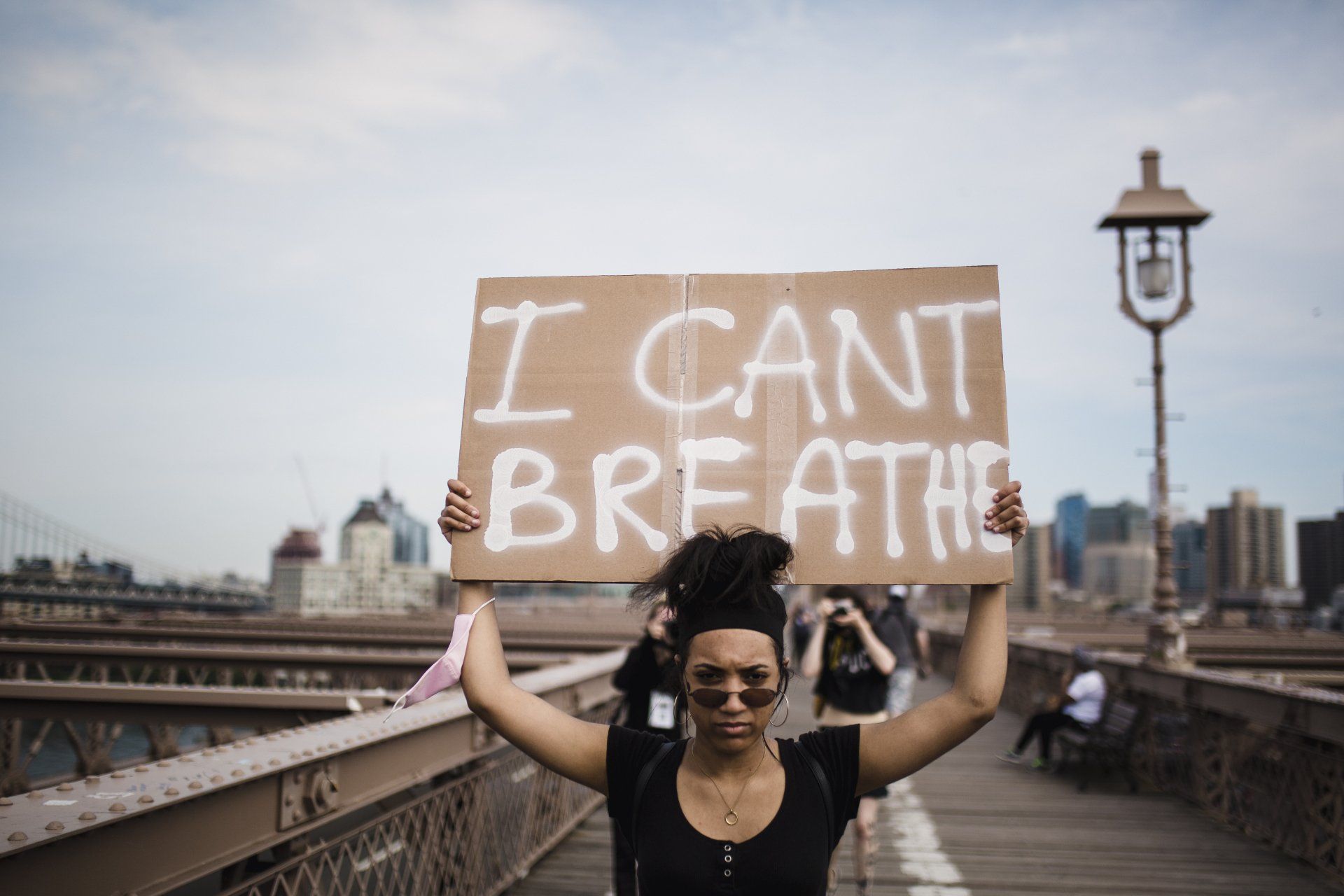You just got arrested. The police tell you that they will charge you. You believe you’re innocent. The police tell you that you have the right to speak to a lawyer. You do so and your lawyer tells you not to say anything. But you think that if you actually explain the situation to the cops, they will let you go. But your lawyer insists that you keep your mouth shut. But you’re innocent, and you truly believe that if you explain things you will get out...
So why do lawyers tell clients to shut up and not say anything to the police?
Here Is Why You Remain Silent
You're Making A Statement
When you say something to the police, that thing you’re saying is a statement. The words that come out of your mouth are statements and the cops are either writing your words down or video/audio recording their interaction with you. So basically whatever comes out of your mouth is being recorded or reduced to writing and then will be used as evidence against you in your trial where your lawyer will have to defend you and show that you’re innocent.
The Issue With Making A Statement To The Police
The problem when you speak to the police when you are arrested is that you do not have half the information the police have against you. You are in a vulnerable position, giving the police information which will be recorded and used against you and that information is not even based on the full amount of information that the police have. What you will end up doing by giving a statement is you are actually helping the police strengthen their case against you. Why would you do that? Why would you give them information that they can turn against you?
And the problem when you give information to the police is that you will be stuck with that version of facts that you gave at the moment of the arrest and if later at a trial you want to give a different version, you will appear as though you are lying because guess what? When you were arrested you said one thing and at the trial you are saying something else.
So basically, when a lawyer tells you not to say anything, it is because the lawyer is looking at the long term consequences, on the trial date where it will be very difficult to present a different version of facts when you had already provided a version when you were arrested. In addition, whether you give a statement or not, the police in most cases will charge you anyways. So by giving a statement not only will you not prevent yourself from being charged, but you could also actually make it more difficult for your lawyer to defend you.
Cases Of Interest

About The Author
Maya Shukairy is a criminal defence lawyer based in Ottawa, Ontario. Before becoming a criminal defence lawyer, she worked in a Crown’s Office gaining experience working as a Crown prosecutor. Maya offers her services in English, French and Arabic. Shukairy Law has affordable rates and accepts Legal Aid certificates.
Find this post informative?
Share it with your friends and family.
CAUTION: the information on this page does not constitute legal advice and is NOT a substitute for legal advice. To obtain legal advice please refer to a lawyer. If you do not have a lawyer and you are seeking legal advice, you may contact us at (613) 670-5819.
Take a look at a few other posts...



